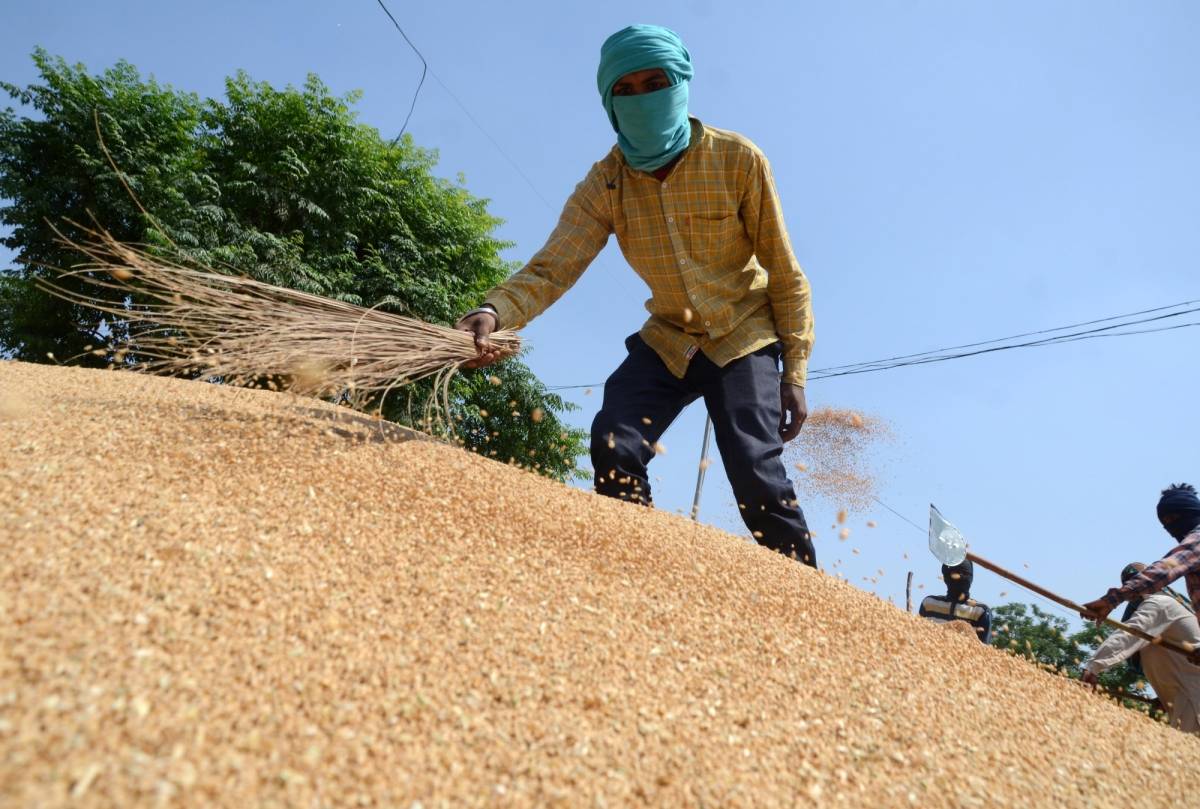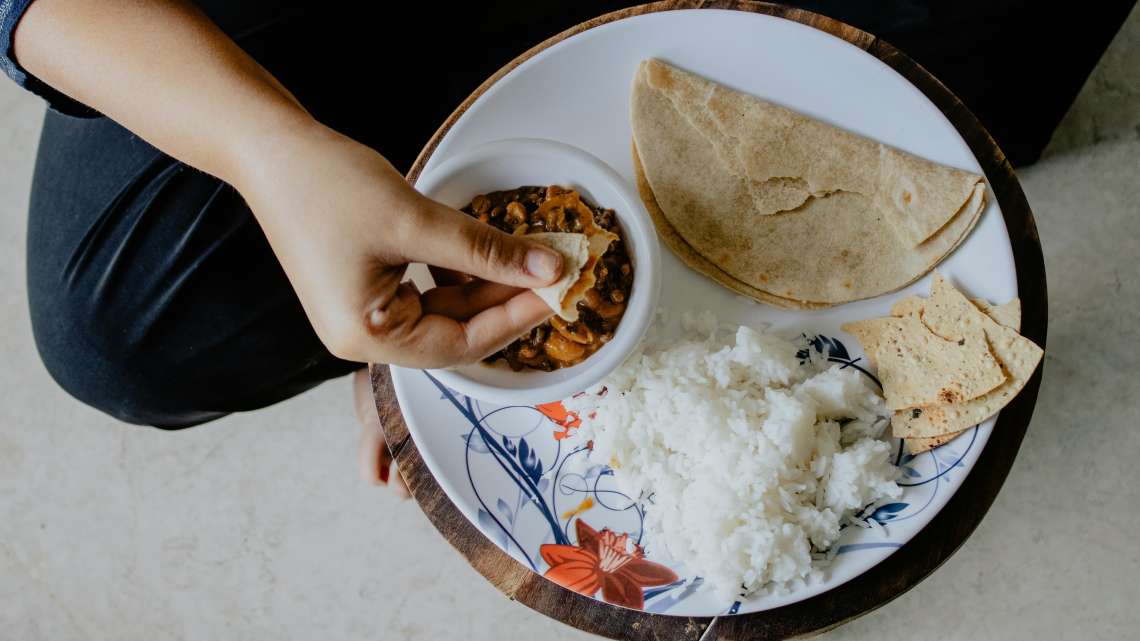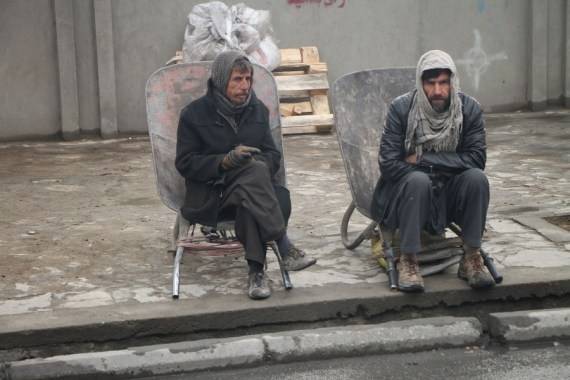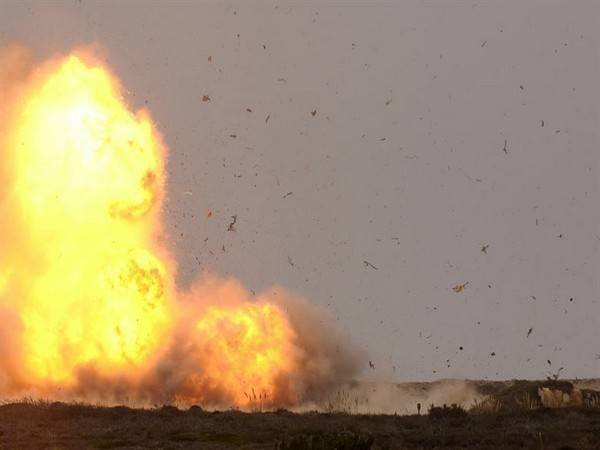Some 36,400 asylum seekers and migrants have already landed in Italy, Spain, Greece, Cyprus and Malta this year…reports Asian Lite News
Mediterranean countries on major migrant routes into Europe expect over 150,000 arrivals this year as food shortages caused by the Ukraine conflict threaten a new migration wave from Africa and the Middle East.
“This year the frontline member states are expected, as we have discussed between us, to receive more than 150,000 migrants,” Cyprus Interior Minister Nicos Nouris said on Saturday after a meeting with fellow ministers of the so-called MED5 group in Venice.
Some 36,400 asylum seekers and migrants have already landed in Italy, Spain, Greece, Cyprus and Malta this year, after 123,318 arrivals in 2021, according to the United Nations refugee agency.
Overall numbers, however, remain significantly below those of 2015, when over 1 million migrants reached the five countries to flee poverty and conflict across Africa and the Middle East.
A shortage of wheat and other grains could affect 1.4 billion people, United Nations crisis coordinator Amin Awad said on Friday, adding more negotiations were needed to unblock the ports in Ukraine to avoid famine and mass migration around the world.
Russia and Ukraine account for nearly a third of global wheat supplies, while Russia is also a key fertilizer exporter and Ukraine a major supplier of corn and sunflower oil.
“If wheat remains blocked in the Black Sea ports, we must expect a greater (migrant) flow,” Italian Interior Minister Luciana Lamorgese told SkyTG24 on Friday. “We are concerned, as are all frontline countries.”
Africa warns of food shortage
The African Union has warned EU leaders that Moscow’s blockade of Ukraines ports risks “a catastrophic scenario” of food shortages and price rises, The Guardian reported.
Senegal President Macky Sall, who chairs the Union, said “the worst is perhaps ahead of us” if the current global food supply trends continue.
Speaking via video link to the 27 EU leaders’ meeting in Brussels, Sall said African countries have been hit hard by the global food crisis, because of their “strong dependence” on Russian and Ukrainian wheat. The situation is “worrying” for a continent that has 282 million people, he said.
“In the immediate future, we would like everything to be done to release available grain stocks and ensure transport and access to the market, to avoid a catastrophic scenario of shortages and generalised high prices,” Sall said.
Before the war, African countries imported 44 per cent of their wheat from Ukraine and Russia. Ukraine alone grew enough food for 400 million people.
Russia’s blockade of Ukrainian ports is contributing to what analysts have called a “perfect storm” for global food supplies, as farmers face rising oil and fertiliser costs and the lingering effect of Covid-induced labour restrictions. Drought is also threatening to reduce wheat harvests in countries including France, the US and India, The Guardian reported.
The head of the UN World Food Programme, David Beasley, had warned earlier this month that nearly 49 million people in 43 countries were on the edge of famine.
“In many countries, we are forced to make the heartbreaking decision to take food from hungry children to give it to starving children,” he said.
Sall said the price of fertiliser is now three times higher than in 2021, while cereal yields in Africa are forecast to be 20-50 per cent lower this year.














